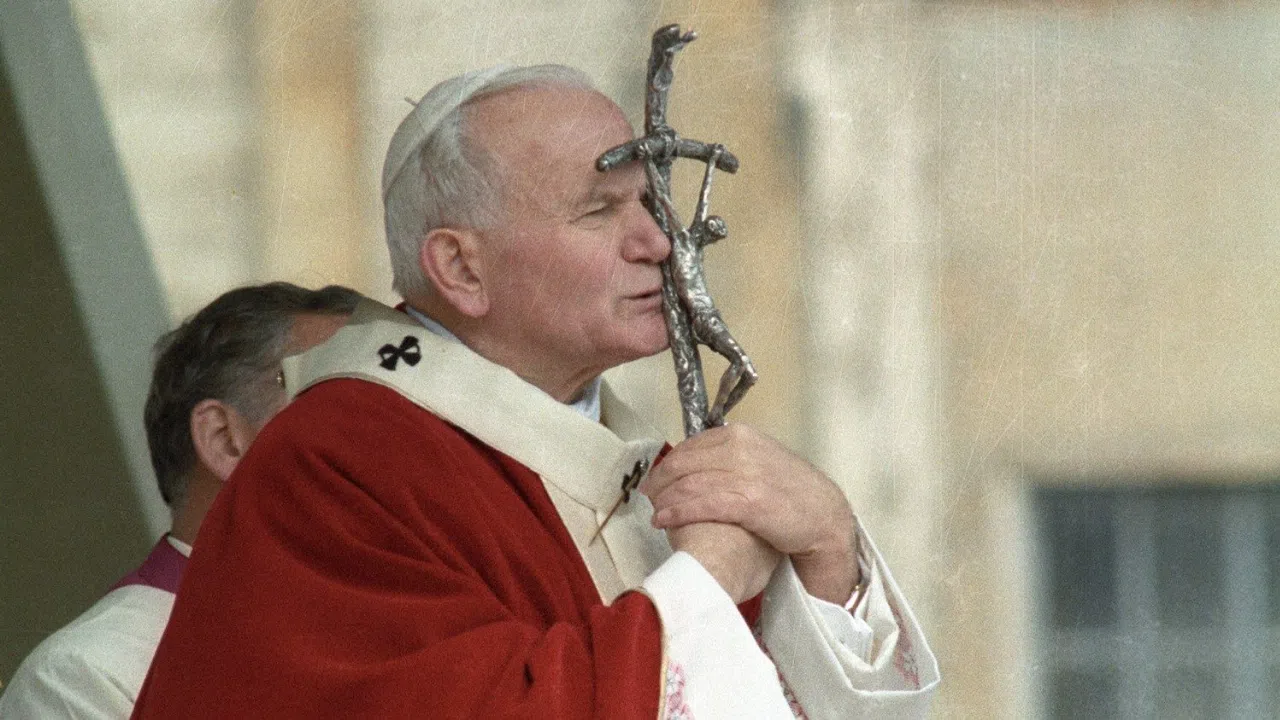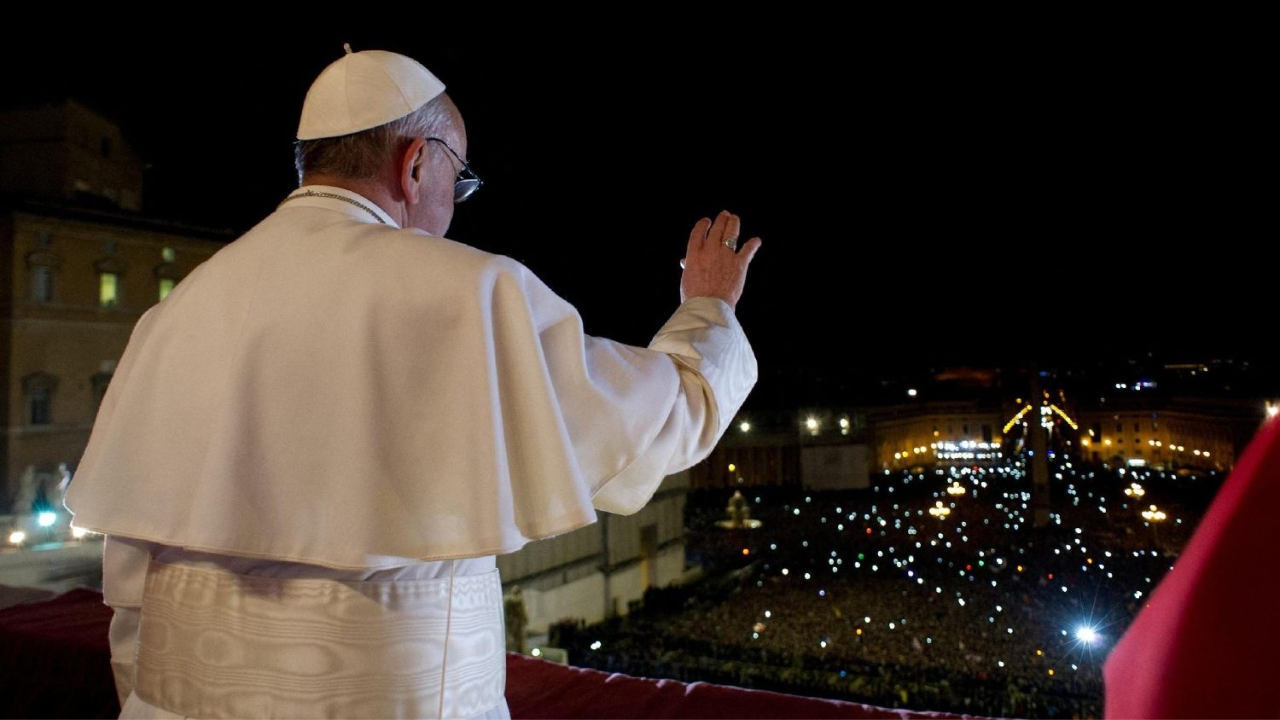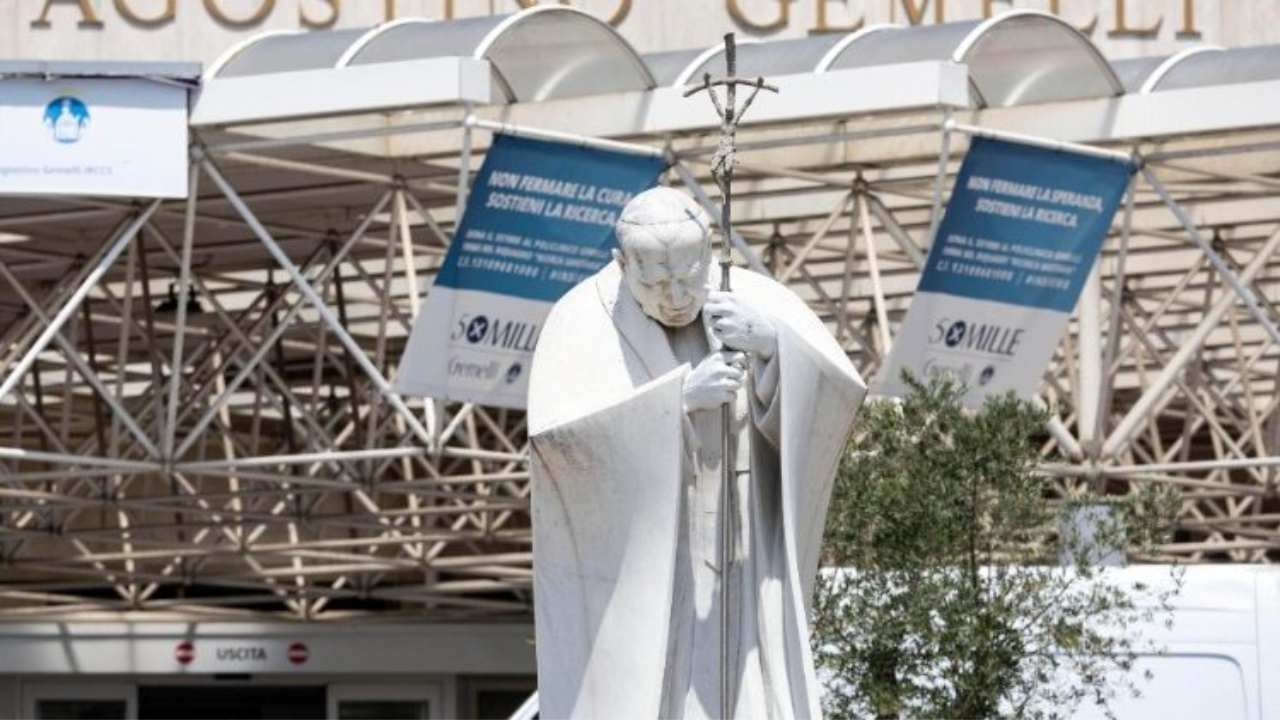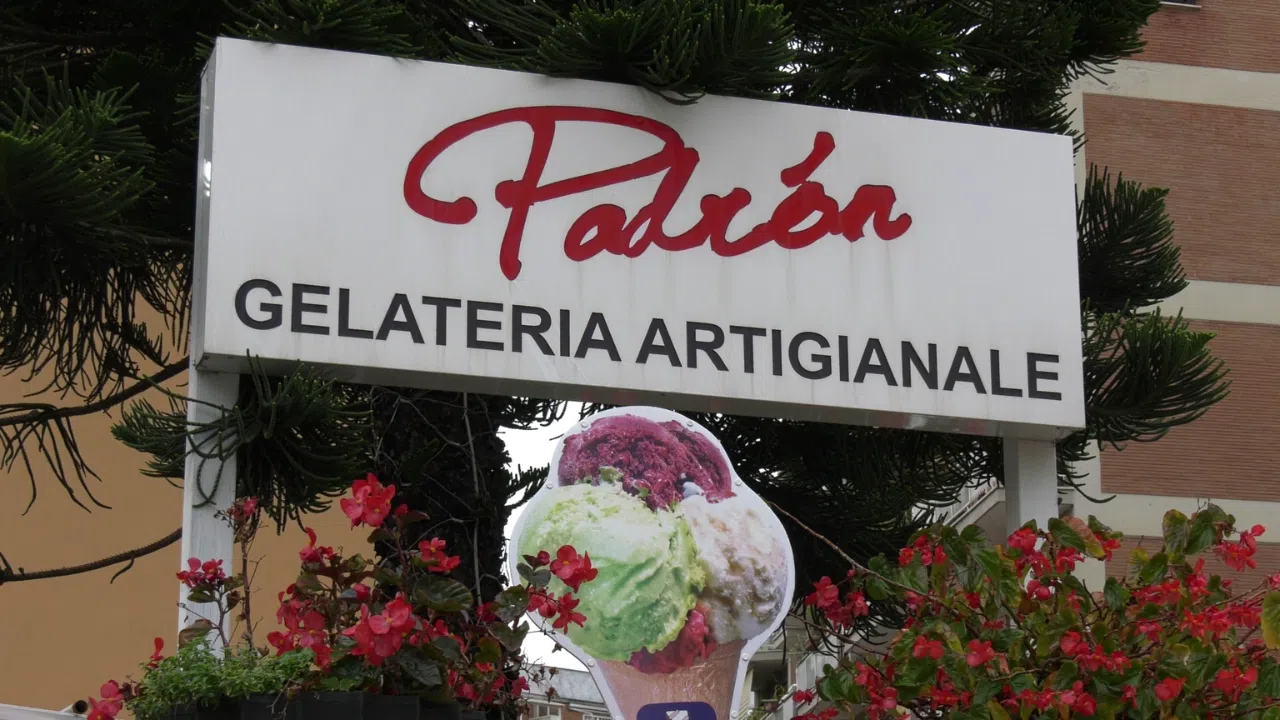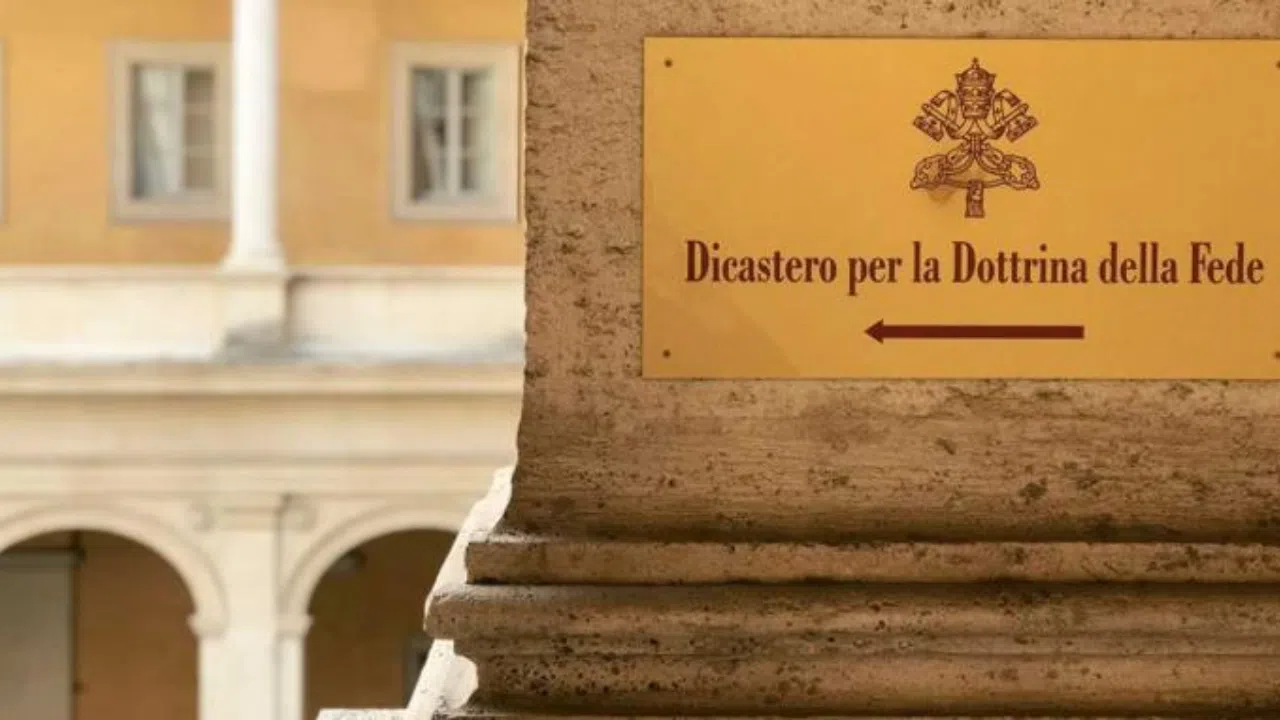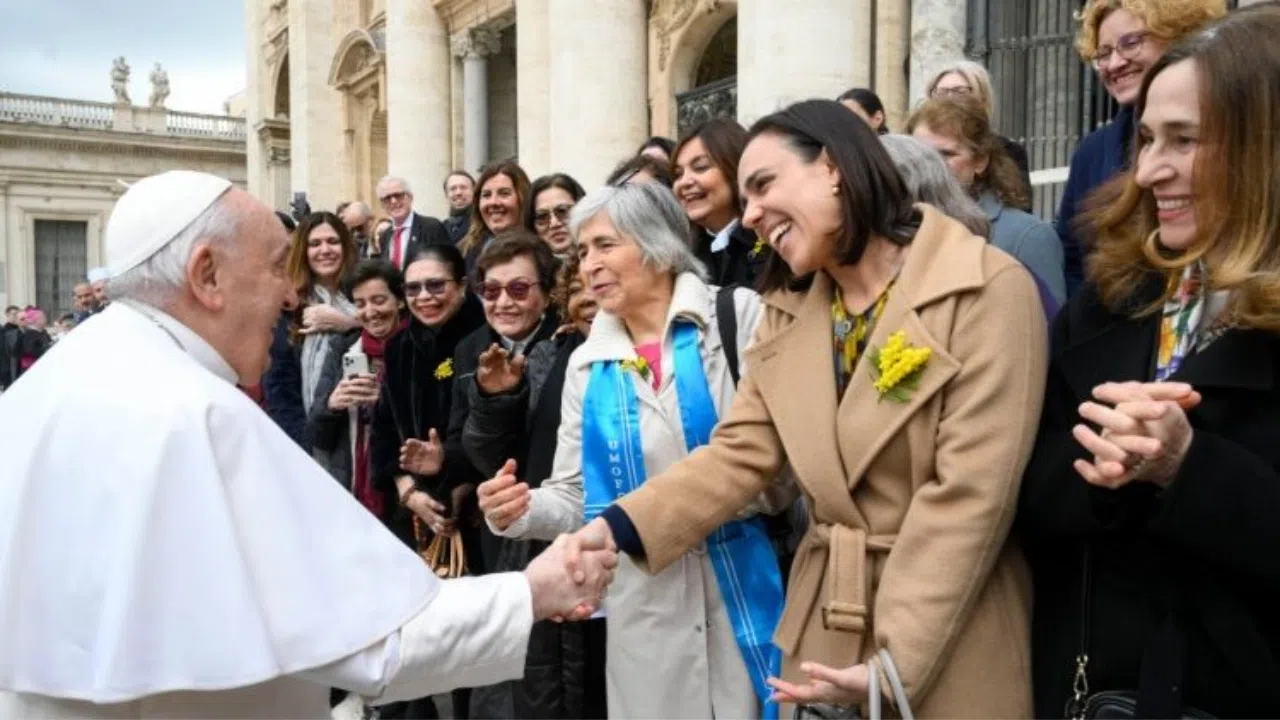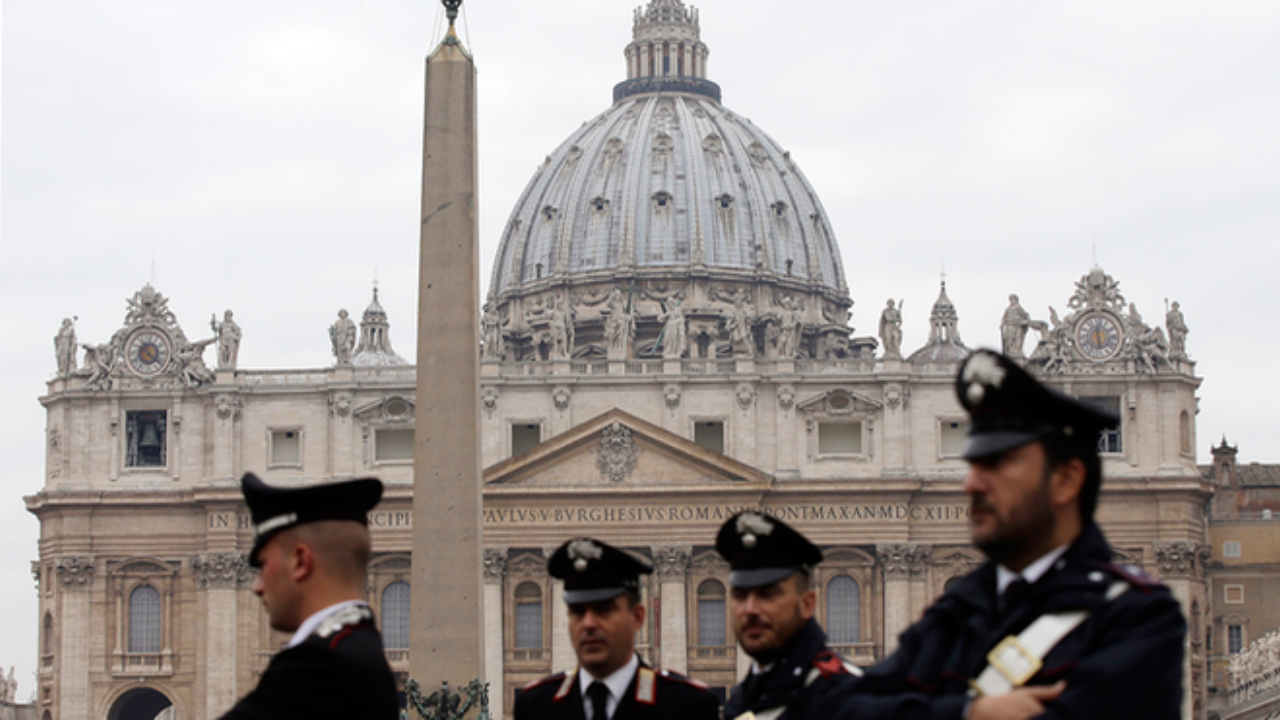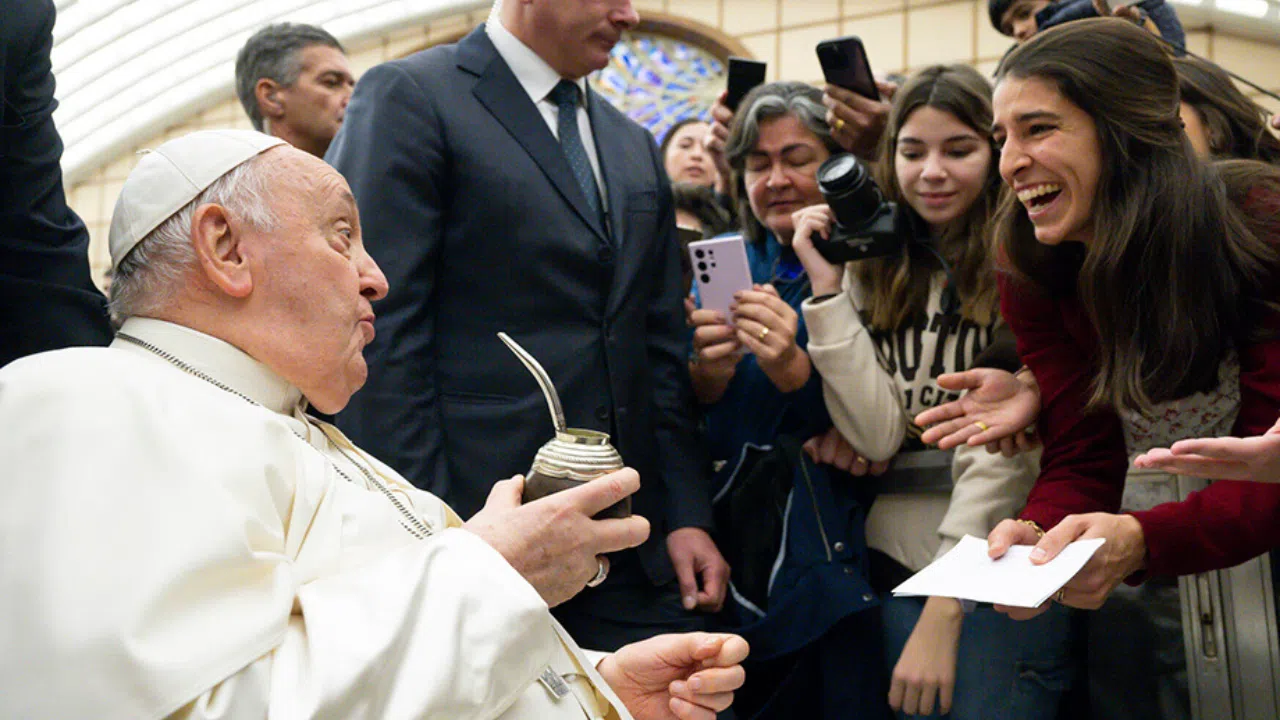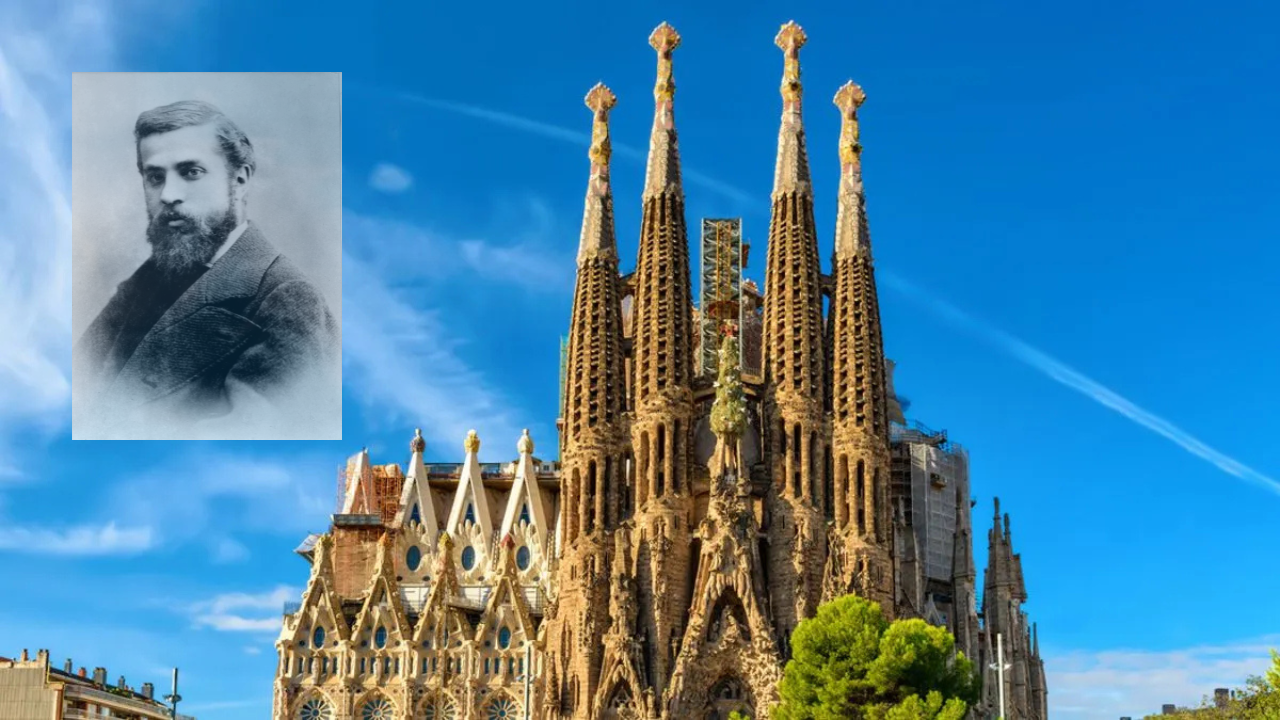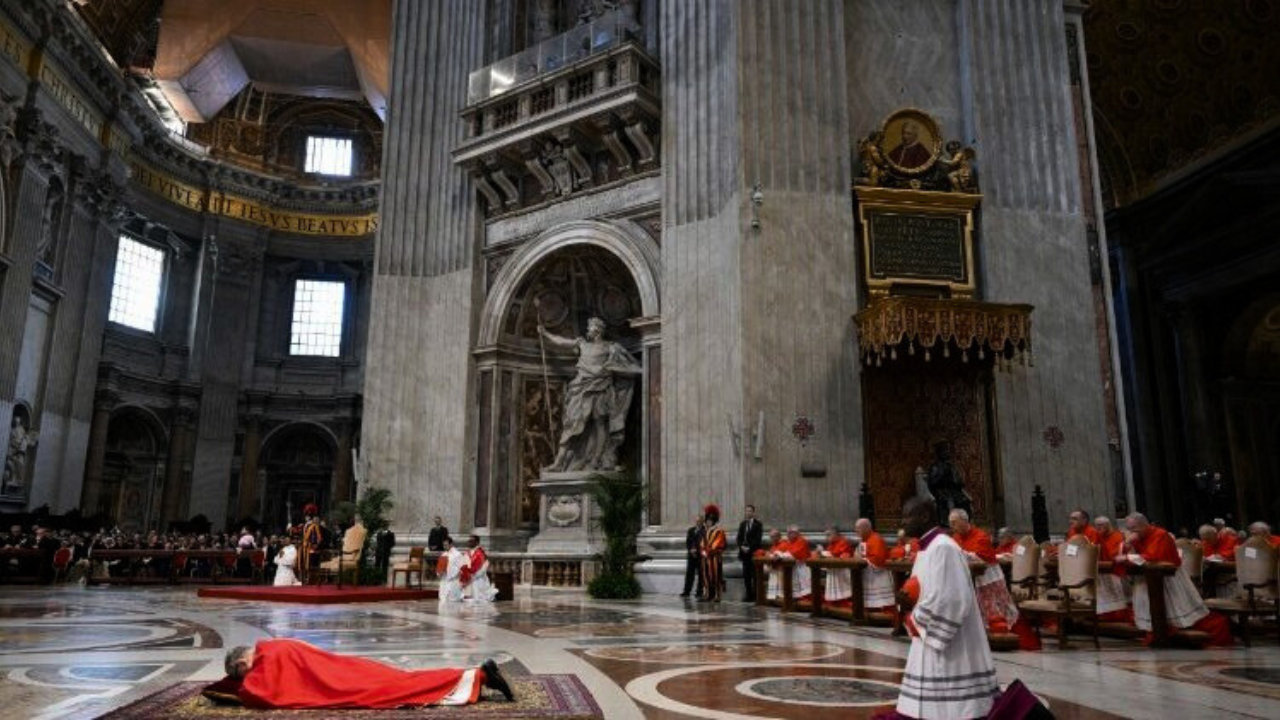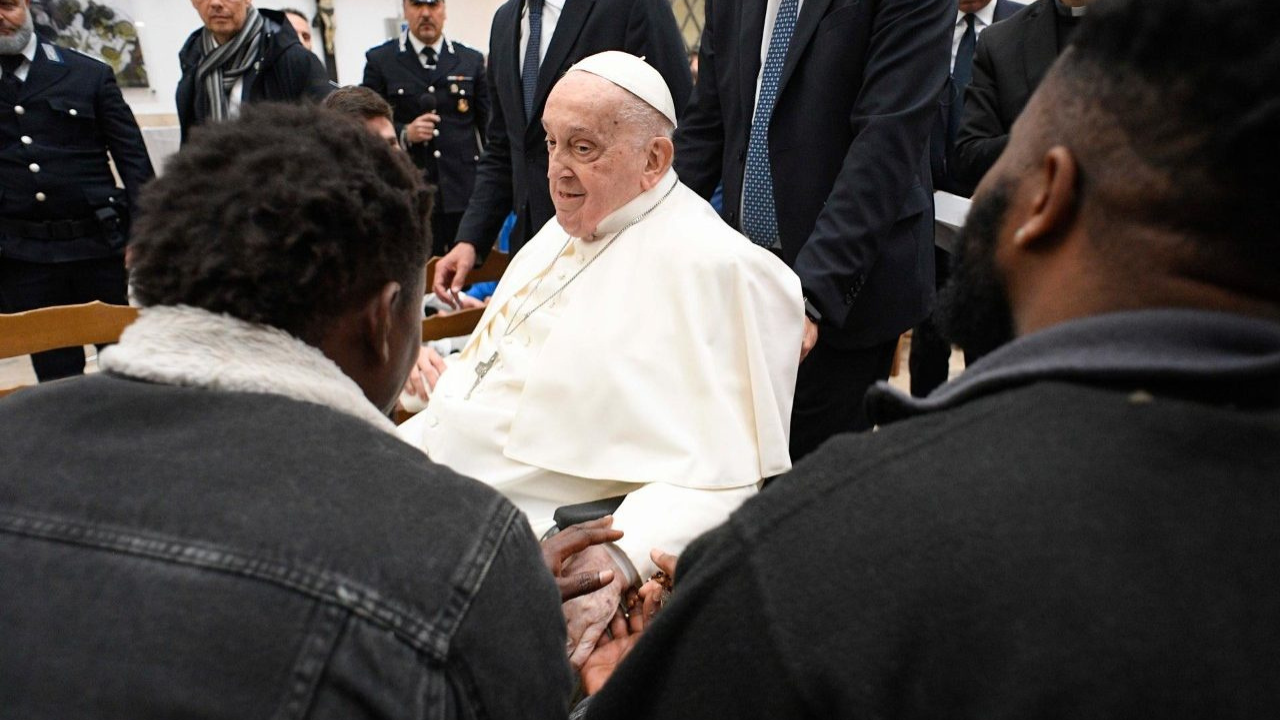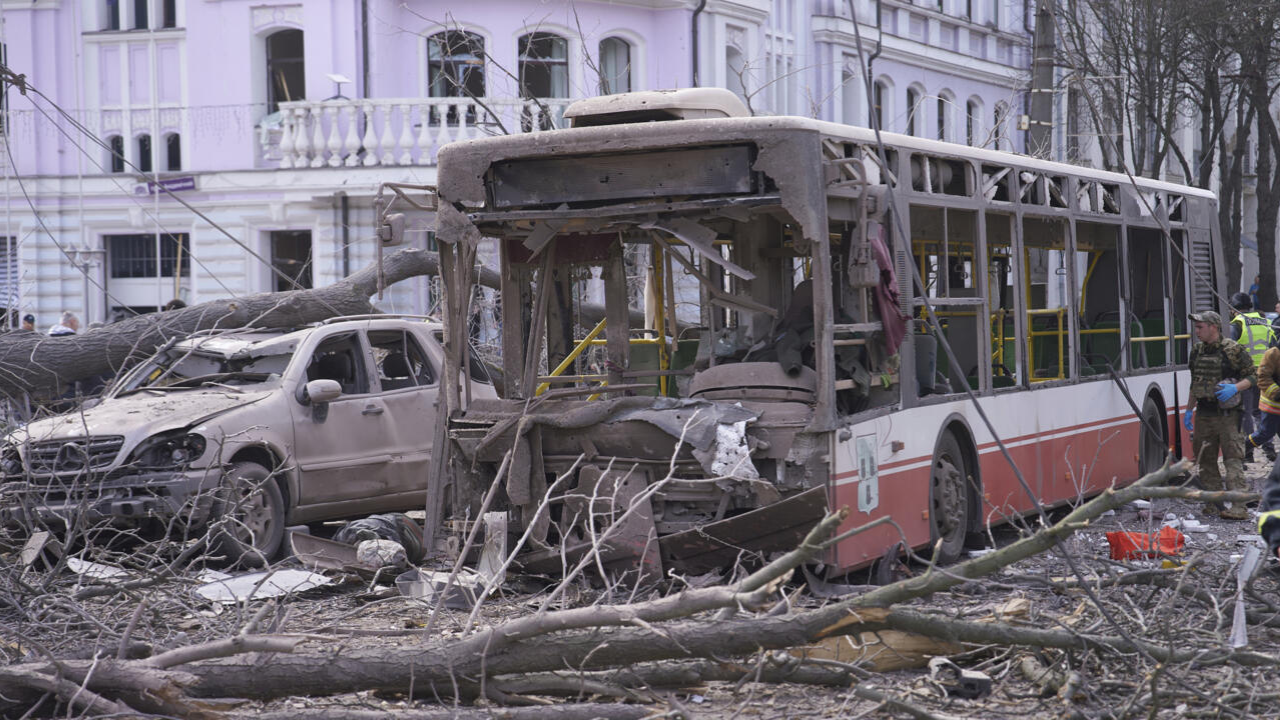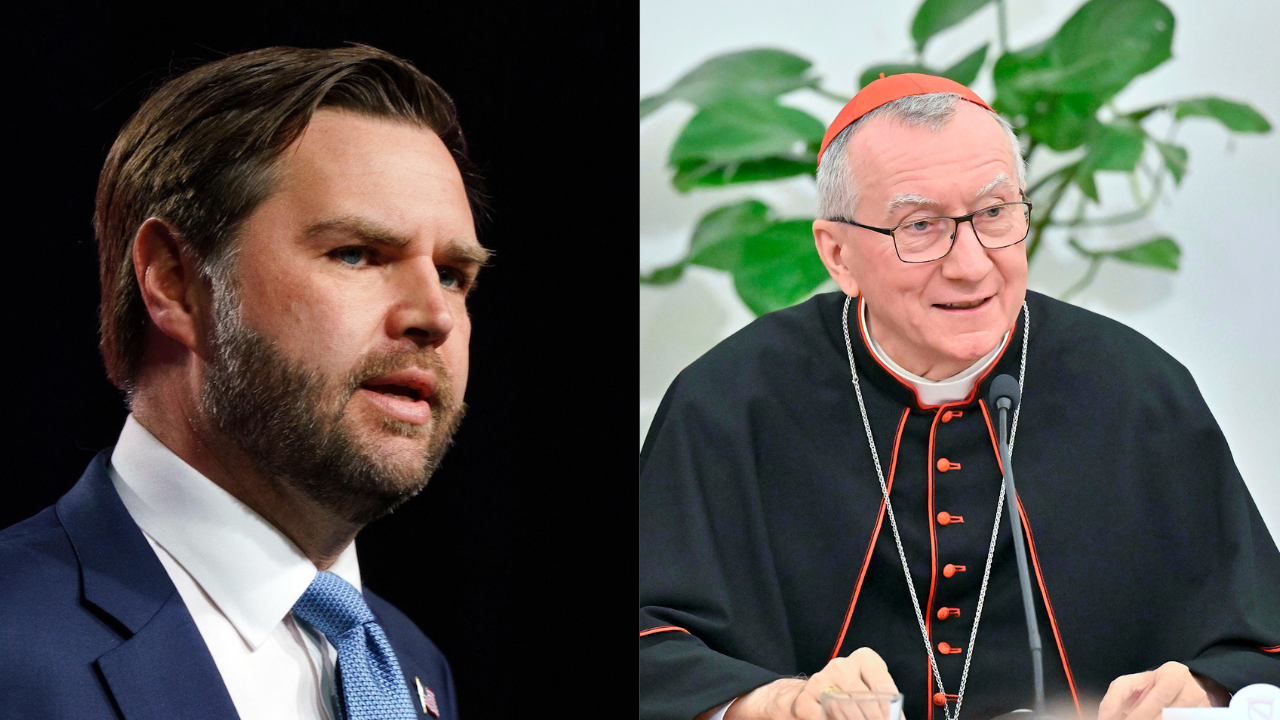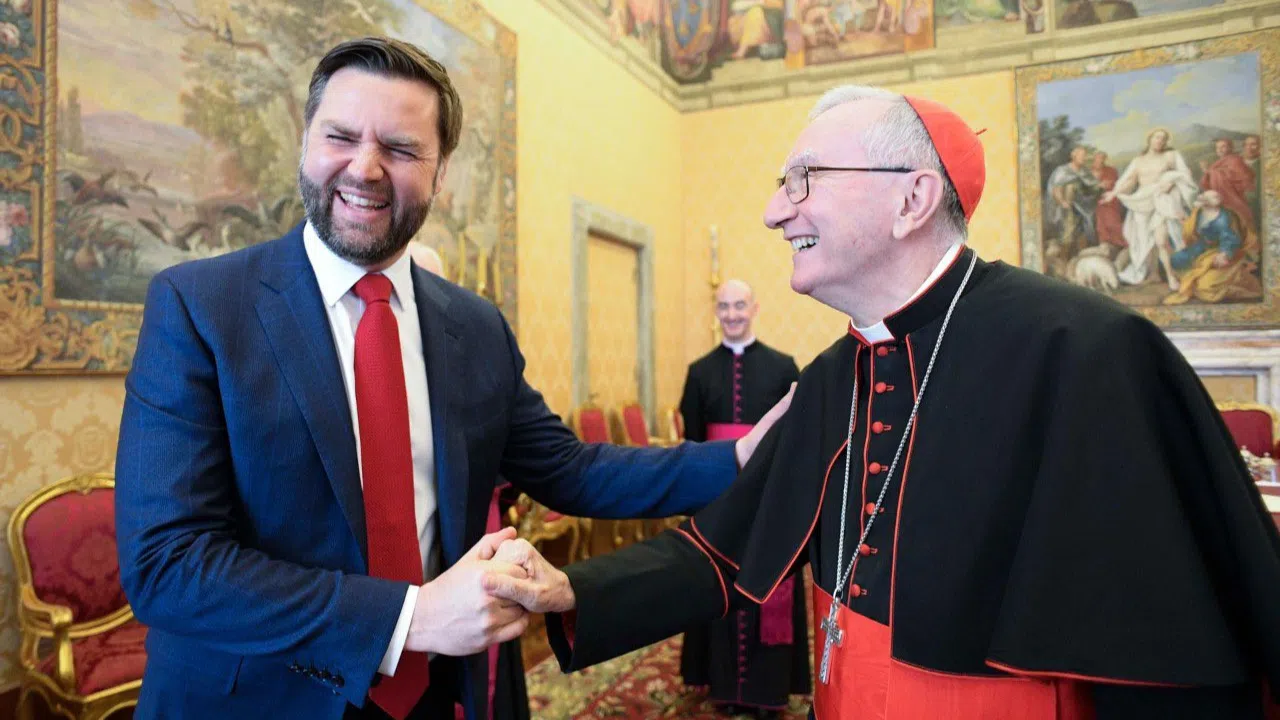On October 16, 1943, during the Nazi occupation of Rome, the largest detention of Jews in the history of Italy took place. More than 1,000 were deported to the Auschwitz concentration camp. Only 16 of them returned home.
JESÚS SÁNCHEZ ADALID
Author, 'A Light in the Night of Rome'
After the fall of Mussolini, the city of Rome had been taken over by the Nazis on Hitler's orders. Here, like other cities in Europe, something terrible happened. The Germans raided the ghetto, the Jewish quarter, and deported a number of Jewish families to the concentration camps, where very few were saved.
This dark episode in European history coincided with the pontificate of Pius XII, who served during the height of World War II. The role of the Church at that time was very delicate. Pope Pius XII's words and gestures could have direct negative consequences for the public. His predecessor, Pius XI, had even published an encyclical in 1937 criticizing Nazi ideology.
FR. BERNARD ARDURA
President emeritus, Pontifical Committee on Human Rights
Here we find ourselves, with the publication of the encyclical, in a similar situation to what happened in Holland. During the war, all the bishops had a letter read at the same time in all the churches of Holland denouncing the persecution. Then the repressed died by the tens of thousands.
When this document of Pius XI came to light, Cardinal Pacelli was the Vatican Secretary of State, so he witnessed the consequences of the public claims of a pope. When Pacelli was elected pope under the name of Pius XII, he had to measure very carefully what he said and did to avoid negative consequences for the public.
JOHAN ICKX
Archivist, Secretary of State
The Holy See, however, insists on intervening wherever it can to save even one human life.
They had to weigh very carefully on the situation to act or not to act andwhen it was better to adopt a low profile. Because it was known that the Nazis often doubled their punishments when someone raised his voice.
Pope Pius XII was widely criticized for not forcefully denouncing the persecution of the Jews. In 2019, Pope Francis decided to open the Vatican archives to help better understand the actions of Pius' pontificate.
POPE FRANCIS
I have decided that the opening of the Vatican archives on the pontificate of Pius XII will be on March 2, 2020.
In the archive, many documents have been found that vouch for Pope Pius XII's support of and action for Jews. However, other papers were destroyed at the time for fear that they would be found by the Nazis and the punishments would increase. One example is that of Aldo Brunacci, prior of the cathedral of Assisi during World War II, who was declared “Righteous Among the Nations” for hiding Jews.
MATTEO NAPOLITANO
University of Molise (Italy)
Before his death, Aldo Brunacci told me—and repeated it to me insistently—that he himself had seen the orders the Holy See brought to him by the Bishop of Assisi.
He said the Bishop showed him the document. He could not take it because it had to be destroyed.
Also in Rome, the Church helped to hide Jews and non-Jews who were being persecuted.
EMILIO ARTIGLIERI
President of the Pío XII Association
In the Vatican and in the Lateran [basilica], many Jews were housed, but also non-believers. Pietro Nenni was housed in the Lateran, who was the leader of the socialist party who at that time was very anti-clerical. Even though he was against the influence of the Church, he was lodged in the Lateran Basilica and they dressed him in priest's clothes to hide him, as they did with many others.
The Nazis occupied Rome for nine months between 1943 and 1944. At that time, some 12,000 Jews lived in Rome. A majority of these managed to survive by hiding in various places in the city, specifically convents and religious institutions.
CA
TR: AT

